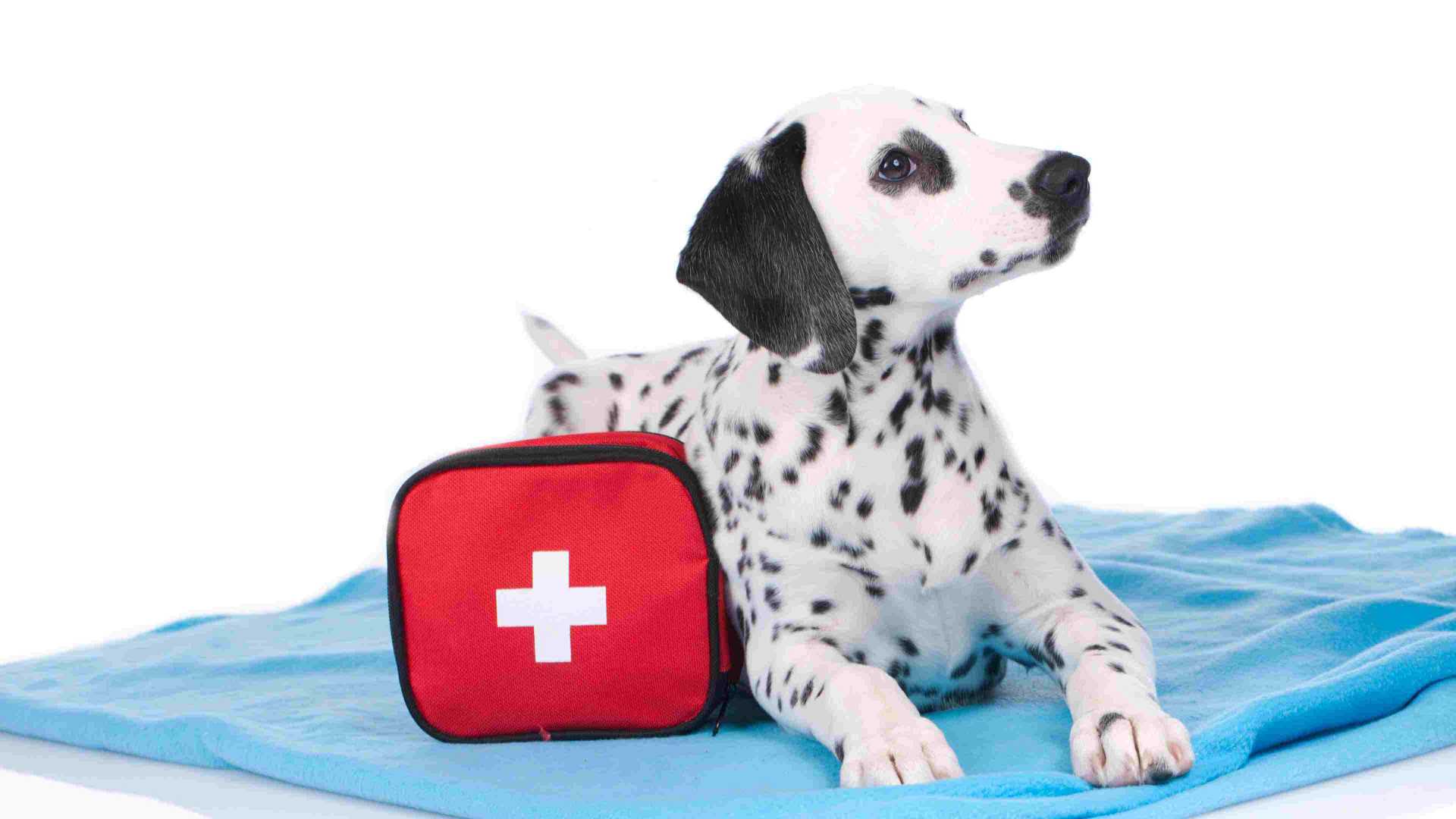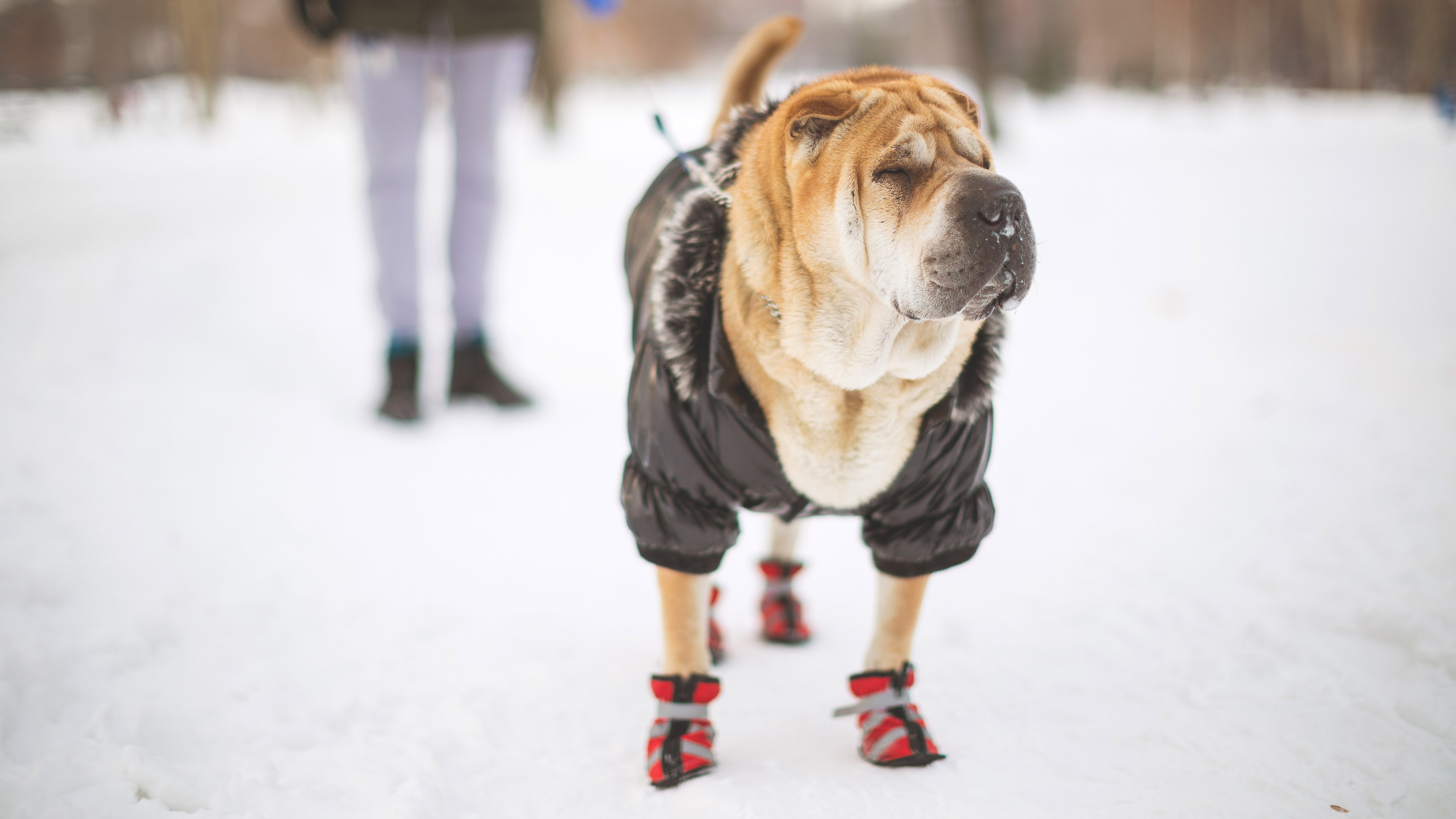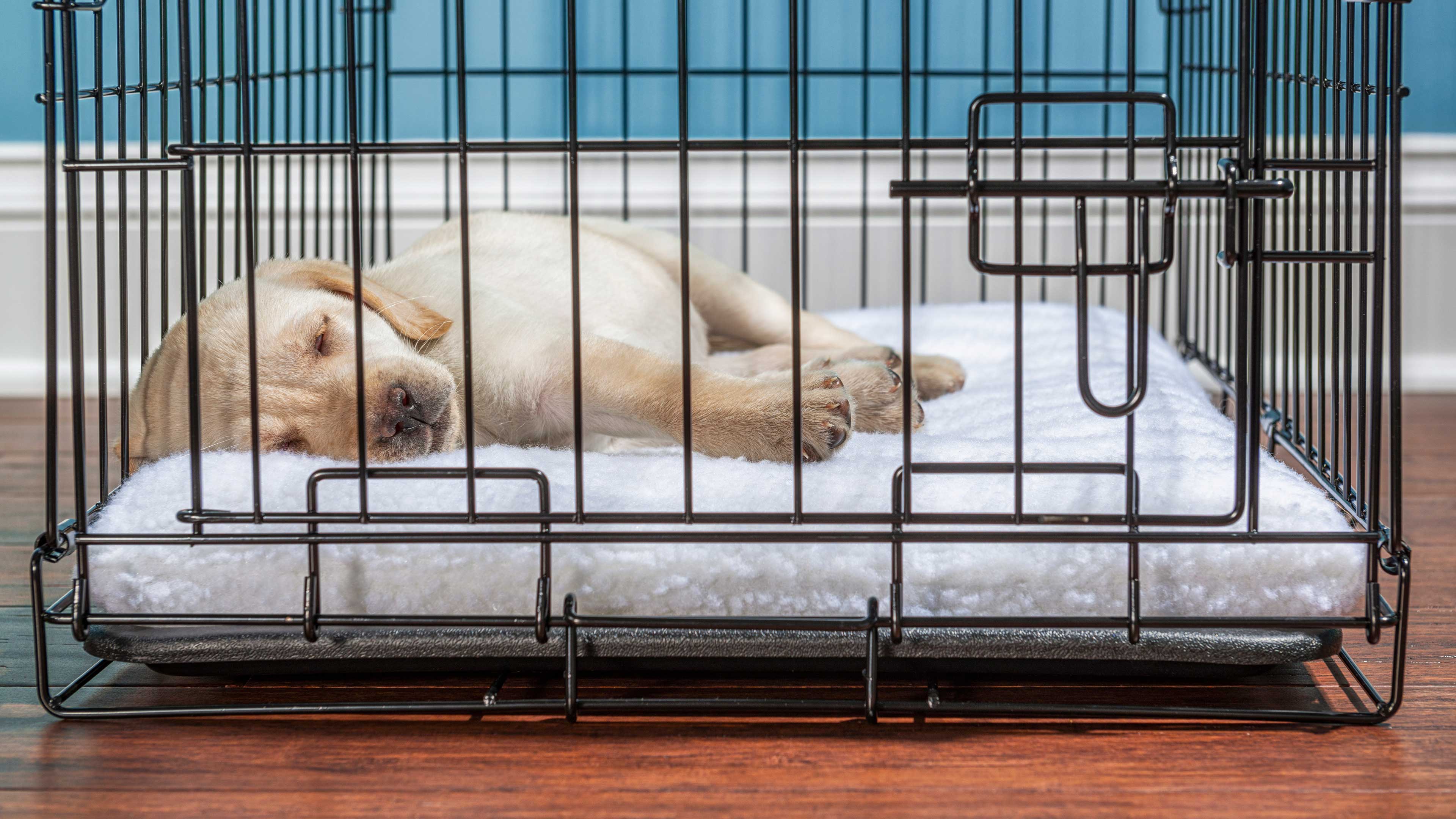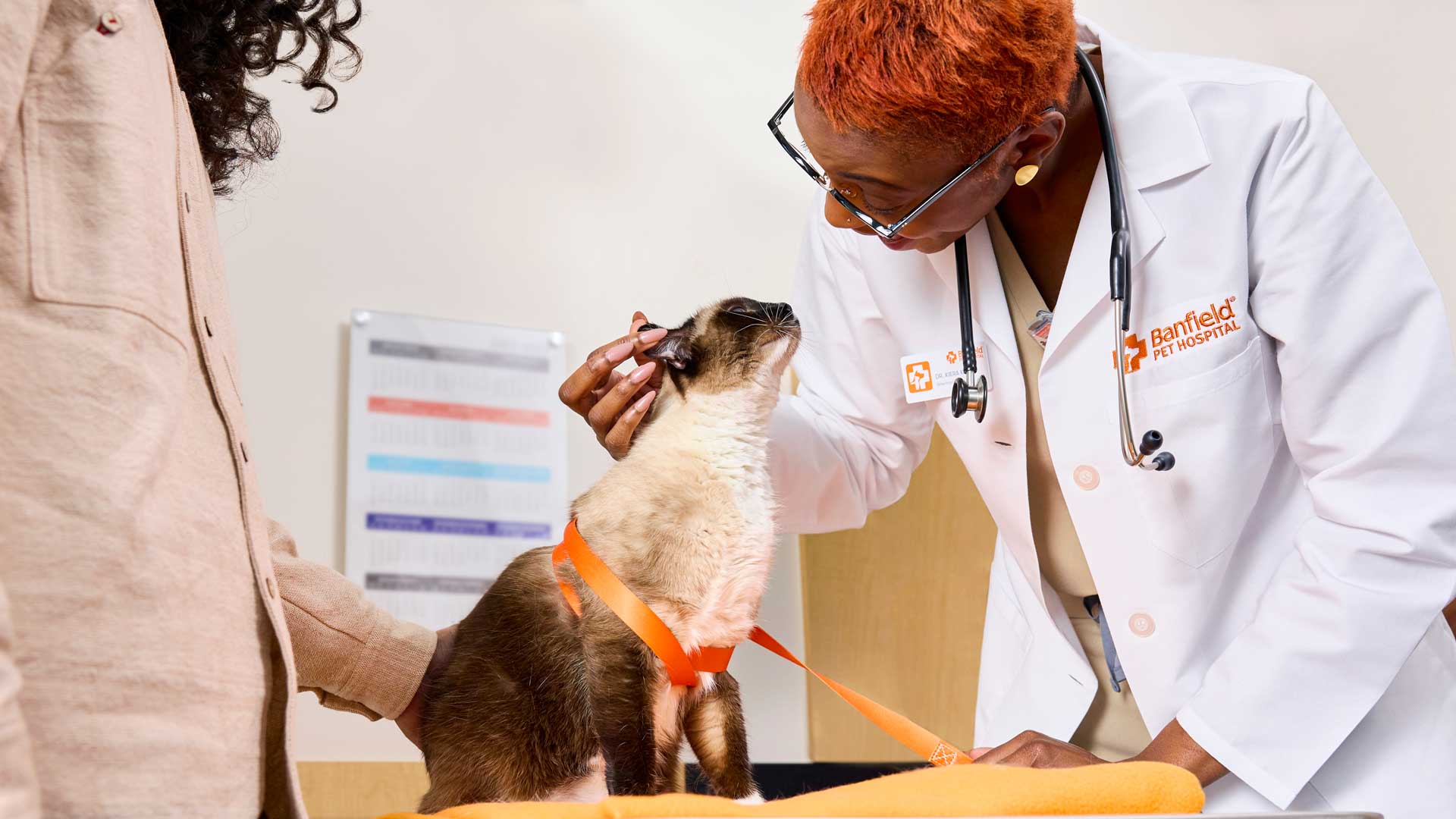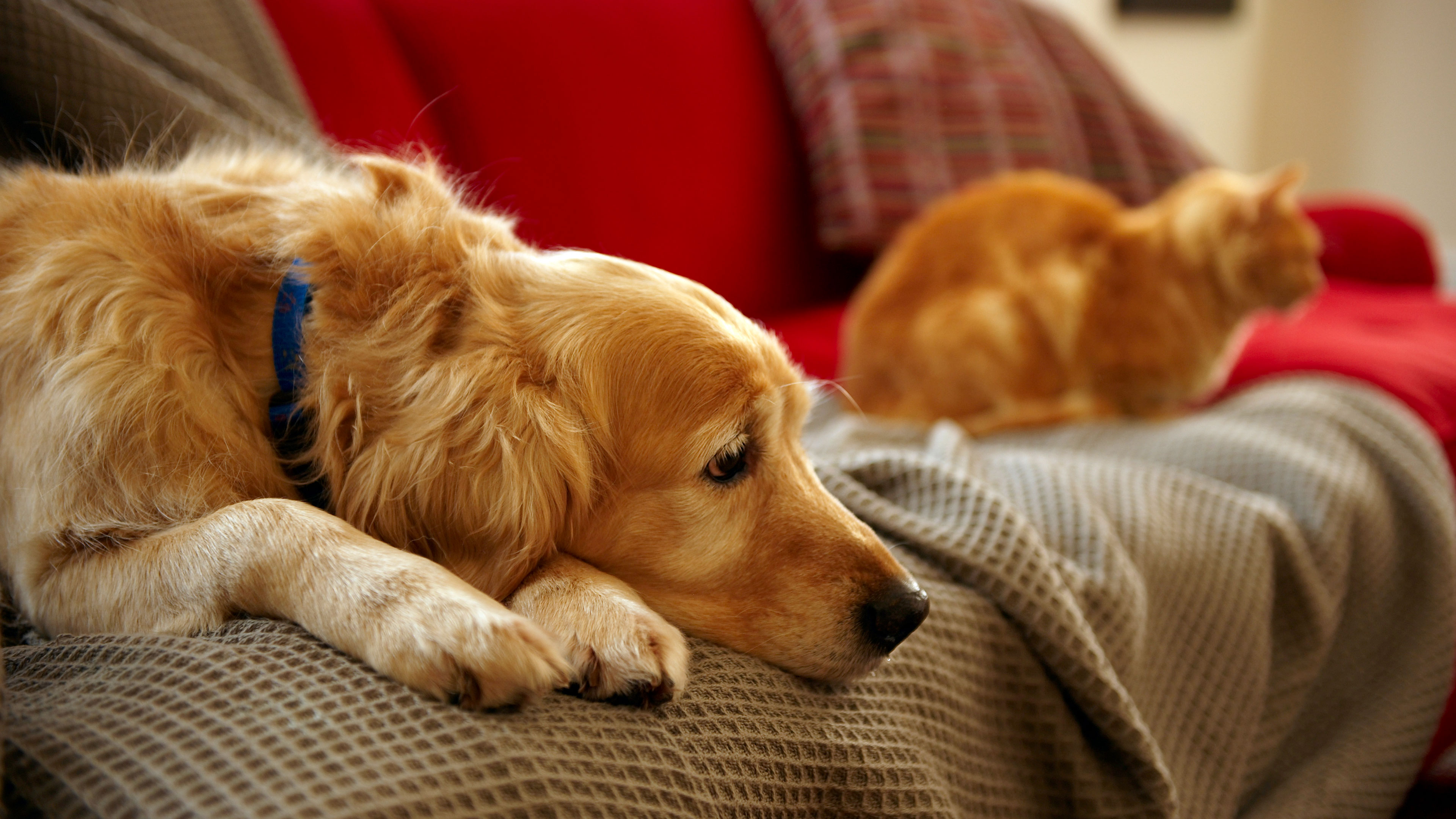Three Tips for Your Pet Emergency Kit
June is Pet Preparedness Month, and unfortunately storm and wildfire seasons are upon us. The truth is — natural disasters can strike at any minute, and sometimes we have to think fast. If you don’t have an emergency plan in place that includes your furry friend, now is a great time to put one together.
Here are some tips on what to consider.
Make sure your pet is up-to-date with essentials
First and foremost, you’ll want to make sure your pet is microchipped and that your contact info is up-to-date in the system. Even if they are microchipped, they should also have their identification tags on them. Emergencies can be chaotic, and sometimes pets can become separated from their families. Ensuring that there’s an easy way your pet can be identified will help with getting them back to you.
You’ll also want to make sure that your pet is up on their latest vaccinations AND you’ll want to make sure you have extra medication on hand (getting medication during an emergency can be tough). Oh, and don’t forget to write a list of medications, medical needs, and medical treatments in case someone else needs to care for your pet. It’s good to have a copy of their medical record handy.
Get your disaster kit together
An emergency can happen out of the blue and catch you by surprise. Having an emergency survival kit in place can help you focus on keeping your family and pets safe first and foremost. Your disaster kit should include: 3—7 days’ worth of clean water and pet food in waterproof containers; 2 weeks’ worth of medication; a crate or pet carrier (also a great place to keep all these supplies); medical history; a collapsible bowl, an extra leash, collars, and/or harness; a first aid kit; poop bags and/or cat litter box; and any comfort toys or blankets that your pet loves. Put these items in your pet’s carrier so you can easily grab everything and go.
Plan on where to go
Now is a good time to establish where you’ll go in case of an emergency, whether it’s a loved one’s home or a pet-friendly hotel. Though some hotels might change their pet policies during a disaster, typically not all hotels welcome pets. Talk to your friends or family members about whether or not their homes are a place where you can bring your furball(s) in an emergency situation. This is also a good time to discuss with loved ones if they’d be willing to help you pick up or care for your pet during a disaster if you’re not able to.
If you have any questions or concerns about preparing your pet for a disaster, talk to your local Banfield vet. They can discuss strategies and possibly inform you of helpful resources in your neighborhood in case the unthinkable happens.
 Mites and mange
Mites and mange Podcast - Not Just Fluff
Podcast - Not Just Fluff
